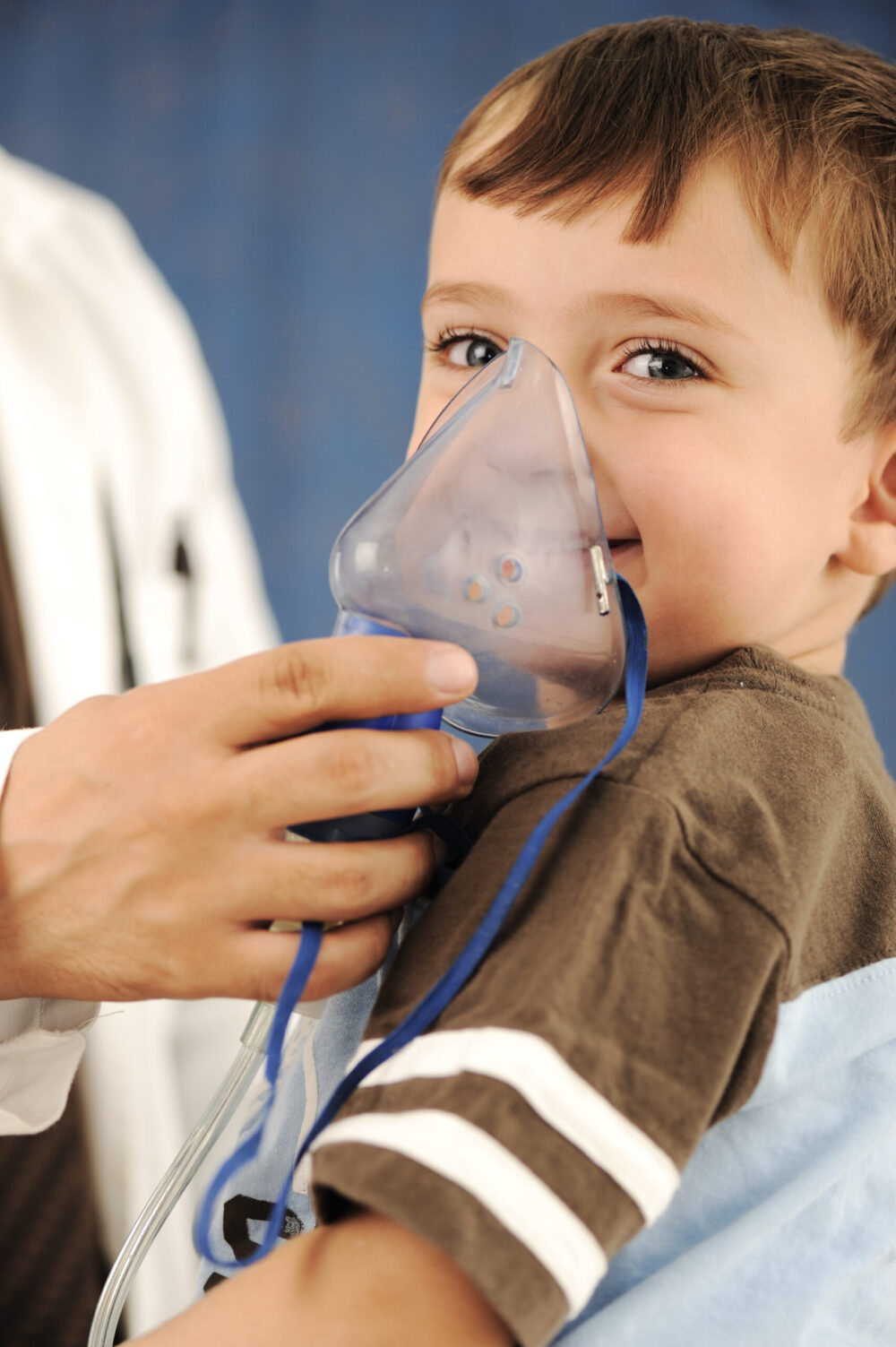Before we talk about how to use an albuterol inhaler, let’s first talk about who would benefit from using it. For example, suppose there are two boys who qualify for the use of an albuterol inhaler. One has asthma all year long, and the other has asthma that is exacerbated by colds or flus but not by exercise like the first boy.
We should first point out that this article is intended for entertainment purposes only. Always consult with a physician or medical professional first before taking or implementing any medicinal practices.
Here are some reasons why someone would be prescribed albuterol:
- Manage and relieve symptoms of asthma
- Alleviate symptoms of colds or flus that could worsen asthma
- Prevent an asthma attack before exercise
- Reduce wheezing and shortness of breath
- Reduce coughing and chest tightness
When using the albuterol inhaler, it is essential to read the instructions that come with the medication on how to use the inhaler, how much medication to use, and how often to use it. If these instructions are unclear, it is critical to consult a doctor or pharmacist to ensure the inhaler is used correctly. In the case of a child using an inhaler, oftentimes, the pediatrician will help coach the child initially until they “get it.”
First, prime the inhaler before each use, meaning the user should spray the medication into the air away from the face before using it. Priming helps ensure the medication is still active and will work correctly. Always remember to shake the inhaler before each use as well.
Once it’s primed, the user should take a deep breath and exhale completely. Then, place the inhaler’s mouthpiece in mouth and close lips around it, pressing down on the inhaler and inhaling deeply. If the user is using a spacer, they should place the spacer tube between the inhaler and their mouth and press down on the inhaler. They should then take a deep breath and inhale deeply. Children typically are given a spacer to make it easier for them to administer the albuterol properly.
Once the user has taken the full dose of the medication, they should hold their breath for 10 seconds before exhaling. It is also important to rinse the mouth with water after using the albuterol inhaler to prevent any throat or mouth irritation.
Using an albuterol inhaler correctly can help to ensure that the medication is effective and that the user will get the most significant benefit from the medication. If users have any questions or concerns about using an albuterol inhaler, they should consult a doctor or pharmacist before using it.
What is albuterol?
Albuterol is a type of bronchodilator used to treat asthma and other respiratory illnesses. It is a short-acting β2-adrenergic receptor agonist, which means it relaxes the muscles in the airway walls, allowing for easier breathing. Albuterol is available in various forms, including tablets, liquid solutions, and inhalers. However, the most common way to use albuterol is to inhale it directly into the lungs, allowing quick, targeted relief.
In the case of the two boys described above, using an albuterol inhaler would benefit both. For the boy with asthma all year long, the inhaler would be used as needed to help manage and relieve asthma symptoms. The inhaler could also be used before exercise in order to prevent an asthma attack. For the other boy, the inhaler would be used to help alleviate symptoms of colds or flus that could worsen his asthma.
When should you not take albuterol?
Albuterol is a medication that can help people with asthma and other respiratory illnesses like asthma to breathe easier. It is imperative, however, that people who use albuterol do not have certain medical conditions; people with an overactive thyroid gland, diabetes, or ketoacidosis should not take albuterol.
An overactive thyroid gland is when the thyroid gland makes too much of the hormone thyroxine. This can cause symptoms like feeling hot all the time, feeling nervous, or having trouble sleeping. Diabetes is a condition in which the body does not produce enough insulin, a hormone that helps the body use sugar for energy. Ketoacidosis is when the body has too much acid and cannot metabolize sugars properly.
If someone has any of these conditions, they should not take albuterol. However, talking to a doctor before taking any medication, especially with albuterol, is essential. A doctor can help determine if albuterol is safe to use, and they can provide information on how to properly use the medication.
Is albuterol a steroid?
Contrary to popular belief no, albuterol is not a steroid. Albuterol is a beta-agonist. Instead, the drug works by attaching it to the airways’ beta receptors (docking stations). This helps relax the muscles in the airways, making it much easier to breathe.
It is easy to understand why some people may mistakenly believe that albuterol is a steroid. After all, many drugs used to treat asthma and other respiratory illnesses are steroids. In addition, albuterol does have some of the same effects as steroids, such as relaxing the muscles in the airways and reducing inflammation.
The main difference between albuterol and steroids is how they work. Albuterol is a type of bronchodilator that works by attaching to beta receptors in your airways. This allows the muscles in your airways to relax, making it easier to breathe. Steroids, on the other hand, work by reducing inflammation in the airways and reducing the body’s response to allergens.
Albuterol is also a short-acting medication, meaning its effects typically last a few hours. On the other hand, steroids are usually taken over a longer period to achieve their desired effects.
It is important to remember that albuterol is not a steroid and should not be used as a substitute for steroids. Albuterol is a bronchodilator, and it works differently from steroids. Both medications can help improve asthma symptoms and other respiratory illnesses, but they should not be used interchangeably. If you have questions about albuterol or other medications, you must speak with your doctor or pharmacist before taking them.
Using albuterol inhaler
In conclusion, using albuterol has historically benefited those with upper respiratory illnesses such as asthma. When used correctly and for the associated purpose, albuterol can provide quick, targeted relief.
Remember, this article is intended for entertainment purposes only. Always consult with a physician or medical professional before taking or implementing any medicinal practices and if you have any questions about albuterol or other medications.


